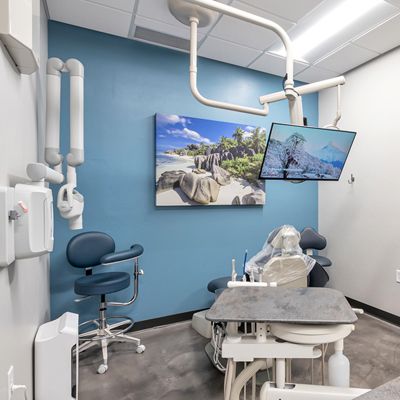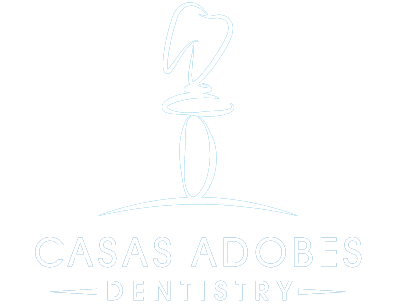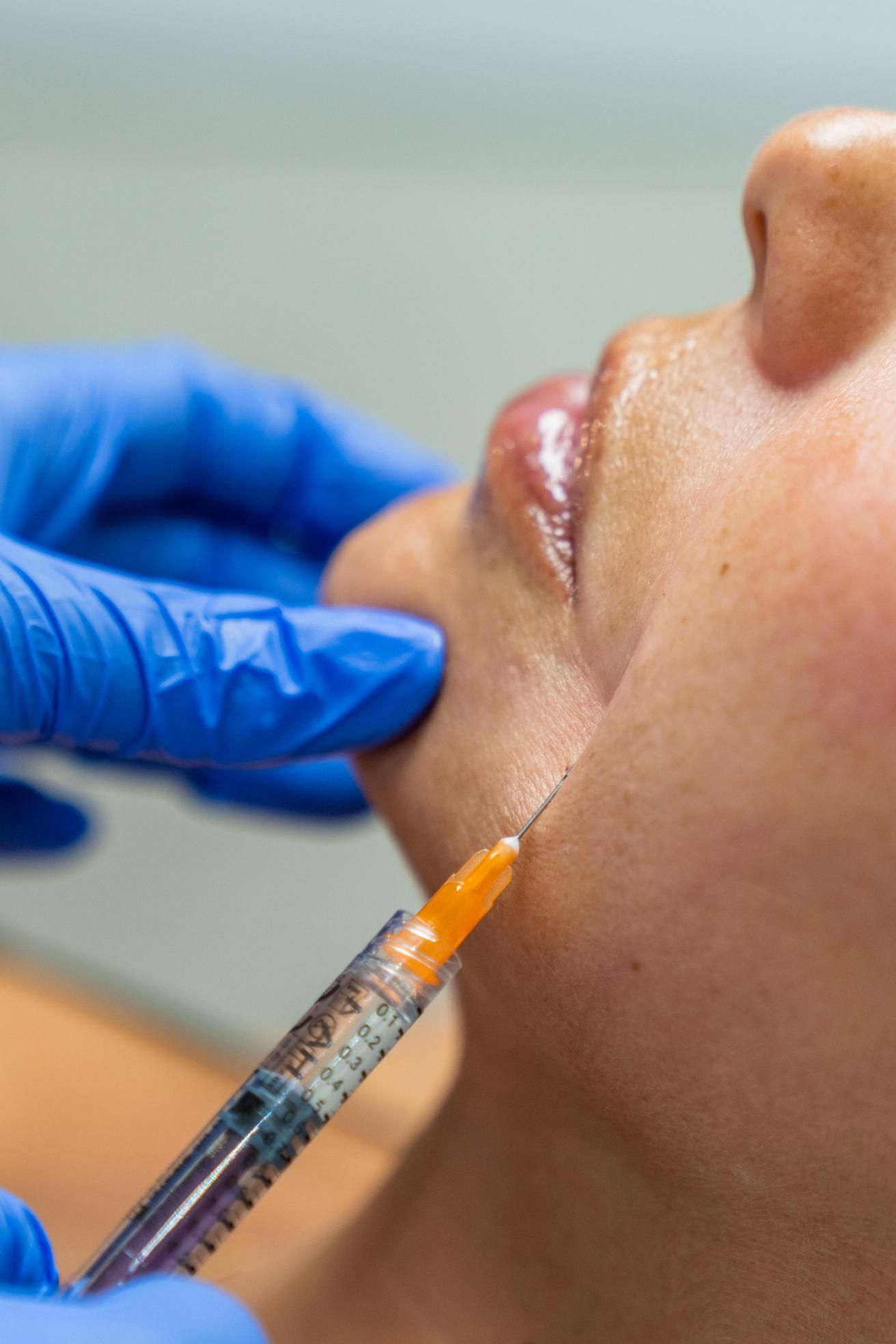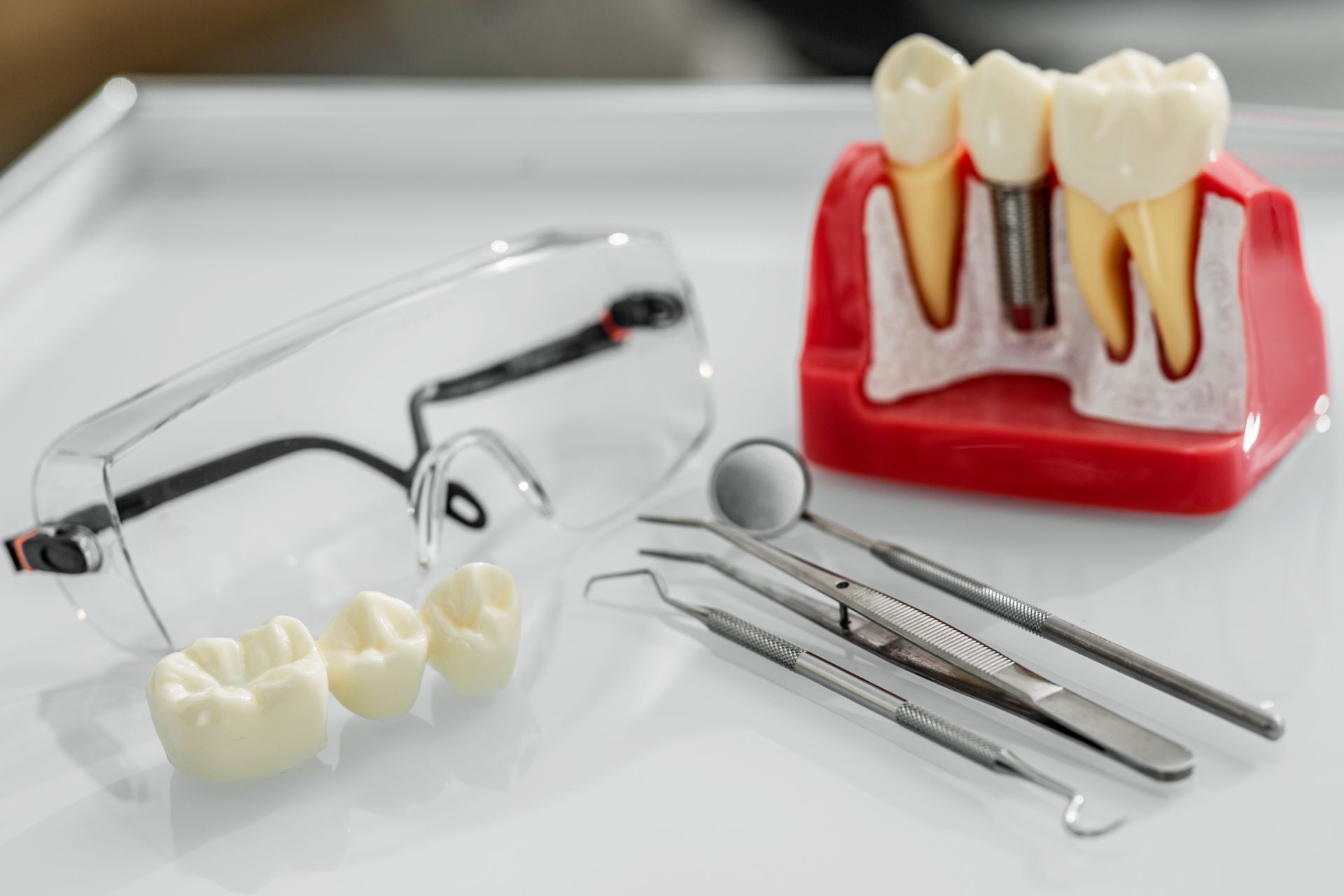
Tucson's Premier Implant & General Dentistry
Book a Free Consultation Today
Welcome to Casas Adobes Dentistry, Tucson's premier implant & cosmetic dental practice that treats patients of all ages. Whether you need routine checkups for your family, or a complete smile makeover; we have the skills, experience, and equipment to provide top-quality, personalized dental care that ensures a healthy, beautiful smile for years to come.
OR GIVE US A CALL



We Are One of Tucson's Top Rated Dental Practices
Welcome to Casas Adobes Dentistry
At Casas Adobes Dentistry, we are committed to providing high-quality, personalized dental care for patients of all ages. Whether you’re here for routine dental checkups, cosmetic enhancements, or advanced restorative treatments, our team is dedicated to making your experience as comfortable and stress-free as possible. Our office is equipped with the latest technology, allowing us to provide efficient, precise, and pain-free treatments.
Located in scenic Northwest Tucson near Oro Valley at 7520 N. Oracle Rd, Suite 200, our practice is led by Dr. Christopher Chin, a highly skilled dentist with extensive experience in general dentistry, cosmetic procedures, and dental implants. Dr. Chin is passionate about patient care, ensuring that every visit is met with warmth, professionalism, and a commitment to excellence.
We understand that visiting the dentist can be nerve-wracking, which is why we provide
sedation options and a
calming office environment to help ease any anxiety. Your comfort is our priority! If you’re looking for a trusted Tucson dentist who truly cares about your oral health, you’ve come to the right place. Give us a call today at (520) 365-0559 or
schedule your appointment online to start your journey toward a healthier, more confident smile!


Complete Dental Solutions for Tucson Families
Casas Adobes Dentistry provides a wide variety of dental services and procedures to address all of our patients' dental health needs. By combining quality patient care with up-to-date technology, we are able to treat patients of all ages in a comfortable and relaxing setting. Our dentist and expert staff are trained to not only treat patients but to identify what caused the health concern in the first place. This comprehensive approach sets patients of Casas Adobes Dentistry on the road to recovery and long term oral health.
Meet Dr. Christopher Chin, Tucson's Leading Dentist
Our lead dentist, Dr. Christopher Chin, DMD, MPH, is a distinguished dentist leading Casas Adobes Dentistry in Tucson, Arizona. A Southern California native, Dr. Chin earned his Doctor of Dental Medicine degree from the Arizona School of Dentistry & Oral Health in Mesa. He went on to further his education by obtaining a Master's in Public Health while serving in the National Health Service Corps in rural Missouri.
Committed to continuous learning, Dr. Chin has advanced his expertise in surgical and cosmetic dental techniques, achieving a Fellowship in the Academy of General Dentistry—a distinction held by only 6% of general dentists in the United States and Canada. Beyond his professional endeavors, Dr. Chin and his wife have embraced Tucson as their home, drawn by the desert's allure and outdoor activities like hiking, biking, and camping, often accompanied by their dogs, Taffy and Missile. His dedication to community service is evident through his involvement with organizations such as Give Kids A Smile, Flying Samaritans, and Smiles for Veterans.





Why Tucson Patients Continue To Choose Us
Our staff understands the importance of listening to patients, helping them to feel comfortable and relaxed. This personal approach is evident in everything we do. From making an appointment, filling out paperwork, conducting an examination, and providing dental treatments, the staff at Casas Adobes Dentistry take the time to connect with patients and give them the thoughtful attention they deserve.
Experienced and Highly Qualified Team
Led by Dr. Christopher Chin, who holds a Fellowship in the Academy of General Dentistry—a distinction achieved by only 6% of general dentists in the United States and Canada—Casas Adobes Dentistry offers a wealth of expertise and advanced training in both general and cosmetic dentistry.
Comprehensive Dental Care
Casas Adobes Dentistry provides a full range of dental services, including preventive, cosmetic, and surgical treatments. This allows patients to receive complete dental care under one roof, from routine check-ups and cleanings to more complex procedures like dental implants and veneers.
Patient Comfort and Convenience
We understand the fear and anxiety that comes with going to the dentist. We offer sedation options such as nitrous oxide (laughing gas), oral sedation medications, and even complete anesthesia for those with severe dental anxiety. To make you even more comfortable, can provide cozy blankets and dark sunglasses to improve the treatment experience.
Community Involvement and Trust
Dr. Chin’s active involvement in local and international volunteer organizations, such as Give Kids A Smile and Smiles for Veterans, demonstrates a deep commitment to community service and establishes trust among local residents who value community-oriented professionals.
Family-Friendly Environment
Casas Adobes Dentistry prides itself on being a family dentist practice that treats patients of all ages, making it an ideal choice for families seeking a consistent and familiar dental care experience for all family members.

More About Our Dental Services


Trusted By Hundreds of Patients in Tucson
Over 350 Verified Reviews




Patient Info Center
When you walk into the office of Casas Adobes Dentistry you will be immediately greeted by our friendly staff who are dedicated to making sure that you feel comfortable during your entire appointment. We understand that patients can feel anxious when going to the dentist, and our staff will take the time to listen to all of your concerns and help you understand exactly what your procedure is going to be like. At Casas Adobes Dentistry we pride ourselves on being an affordable family dentist that accepts a variety of insurance plans and payment options like cash and credit cards, because we want to provide a beautiful, healthy smile to everyone in the Tucson area.
To learn more about Casas Adobes Dentistry treatments today, call us at (520) 365-0559 or fill out our quick and easy online form.
Insurance Friendly
We accept all PPO dental insurance plans and are eligible for HSA and FSA reimbursement. Our friendly insurance coordinator will handle the details and follow up on your claims to make sure your insurance discounts are maximized.
Smile Gallery
View before and after photos to see the beautiful smiles crafted at our clinic.


































